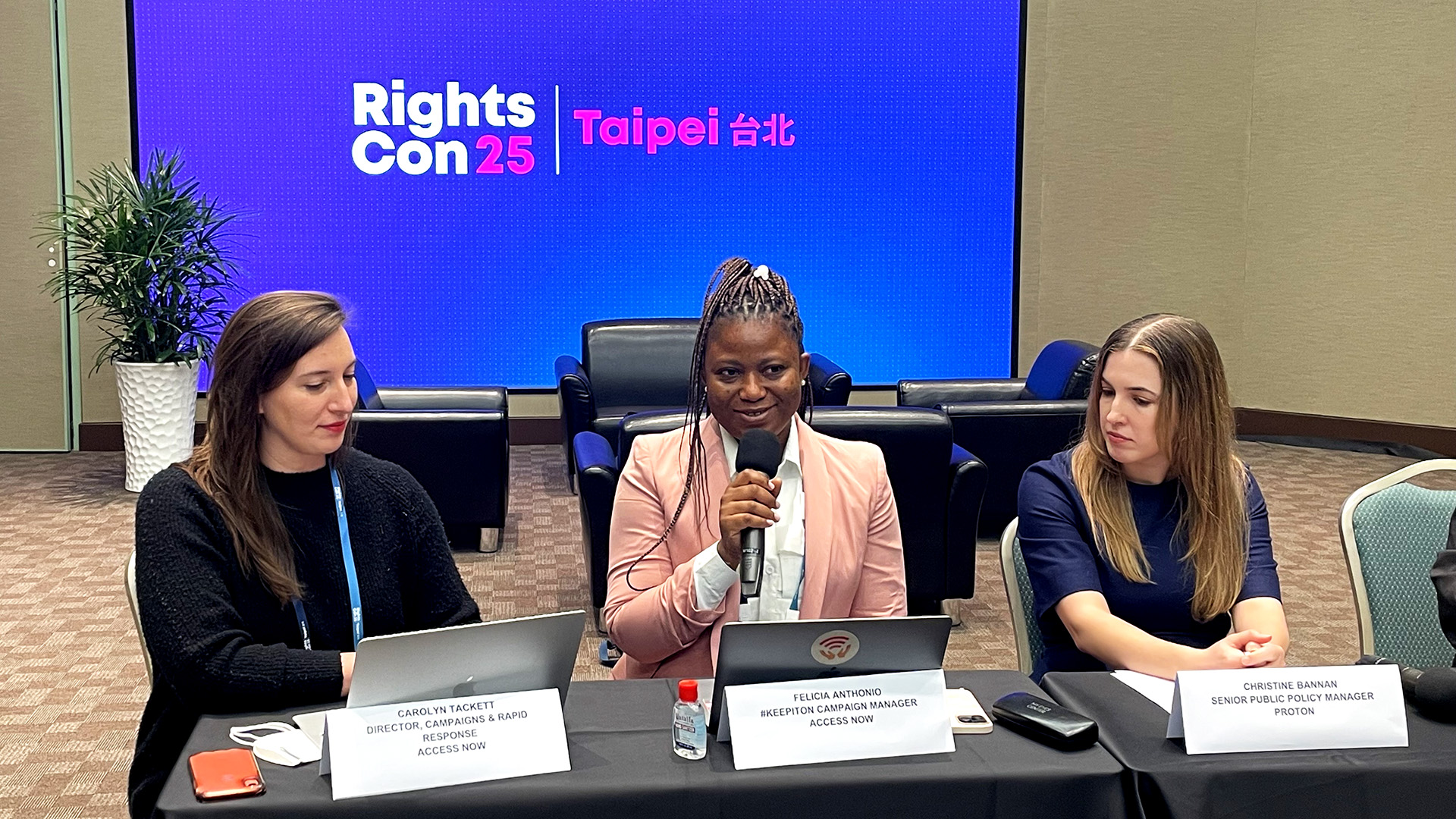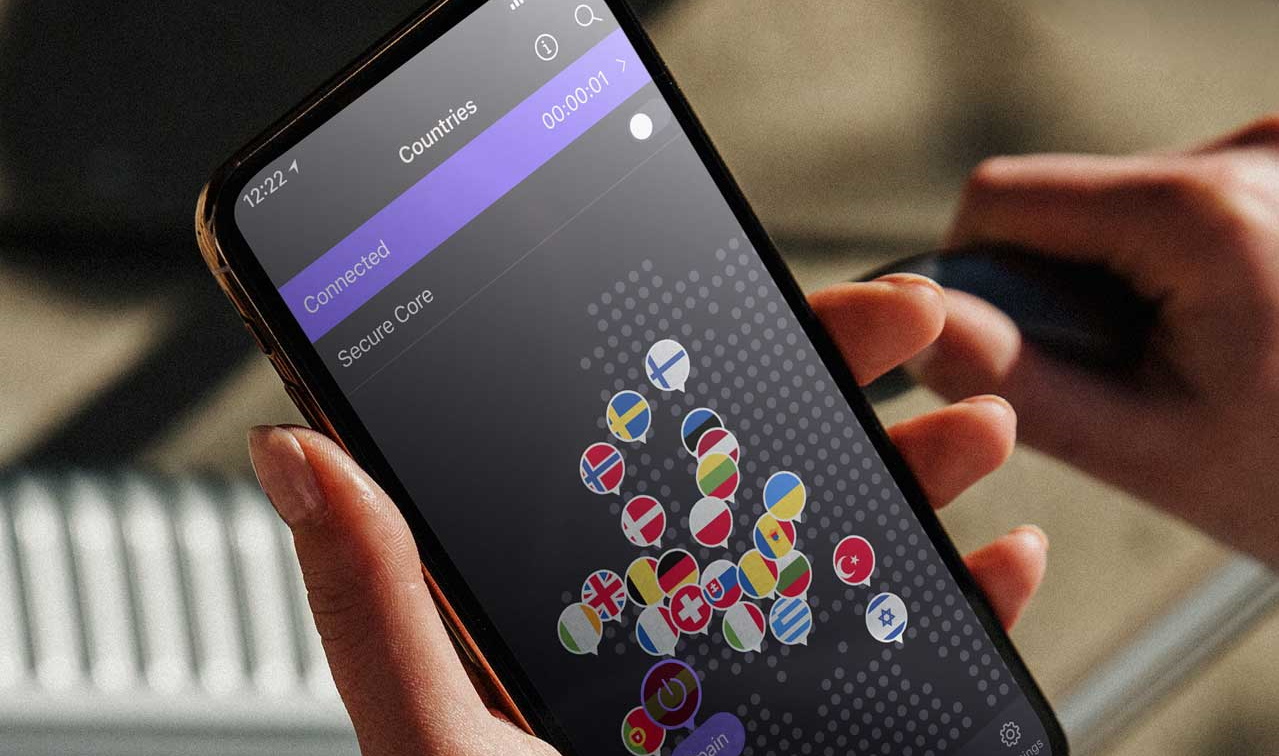2024 was the worst year on record for internet freedoms – again
Internet shutdowns were implemented by more offenders and across borders

In 2024, the internet went dark on 296 occasions across 54 countries, with seven governments joining the internet shutdown perpetrators' list for the first time, making last year the worst on record for internet freedoms – again.
This is the shocking toll from the latest yearly report published by Access Now and the #KeepItOn coalition. A campaign started in 2016 to fight internet shutdowns worldwide, the coalition now includes 345 organizations across 106 countries.
Beyond the numbers, however, "there are the people," said Carolyn Tackett, Access Now Director of Campaigns and Rapid Response, commenting on the findings during the RightsCon 25 conference in Taipei. "Millions have had their lives offended by being cut off from the world and from access to the platforms they rely on," she added.
More countries, beyond borders
As mentioned, seven countries have joined the list of offenders. Comoros, El Salvador, France, Guinea-Bissau, Malaysia, Mauritius, and Thailand all imposed some forms of internet shutdown for the first time in 2024.
Among these, France, which issued a TikTok blocking order in its New Caledonia territory during anti-government protests in May, was especially significant. It marks, in fact, the very first time a Western democracy – and member of the Freedom Online Coalition – turned to the internet-blocking playbook mostly reserved for authoritarian governments.
As Felicia Anthonio, #KeepItOn Manager at Access Now, put it: "[Internet] shutdowns are at the brink of being normalized by offenders."
Not only did more governments pull the plug on the internet, 2024 also saw the rise of cross-border shutdowns. Experts recorded at least 25 such incidents implemented by eight offenders – including Russia, Israel, and Thailand. These impacted people in 13 countries.
Myanmar, which has been an internet shutdown offender since the coalition began tracking down these incidents in 2018, was the biggest perpetrator in 2024 with 85 shutdowns imposed during the year, replacing India (84 incidents) in the top spot for the first time.
The #KeepItOn 2024 report is here!In 2024, the #KeepItOn coalition documented impact stories along with 296 shutdowns around the world + increased social media blocks. We documented 72 shutdowns coinciding with grave human rights abuses in 17 countries. It’s the worst year yet! pic.twitter.com/l2aON7kegIFebruary 24, 2025
All in all, 2024 was the worst year on record for internet shutdowns, censorship, and social media blocks. It even beat the worrying 2023 toll of 283, which was, at the time, the highest number of incidents ever recorded.
The number may be higher, but the motivations behind government-imposed shutdowns are always the same. Conflicts (103 incidents) and protests (74) are, yet for another year, the main triggers for these actions. Exams (16) and elections (12) followed suit.
"Platforms blocks are internet shutdown"
In the stricter description, government-imposed internet shutdowns refer to preventing internet access – whether regional or national, targeting mobile data or wider connectivity.
Increasingly more governments, however, have been resorting to a "softer" form of shutdown: social media blocking. Yet, "Platforms blocks are [also] internet shutdowns," said Tackett from Access Now, explaining that many people worldwide were denied access to critical platforms to express themselves freely and access information.
In 2024, experts recorded 71 of these blocks across 35 countries, with X being the main target of censors. This represents an increase from 53 blocks in 25 countries in 2023, exceeding the previous highest toll on record of 57 blocks in 28 countries in 2019.
It isn't so surprising then that people worldwide increasingly turned to the best VPN services to stay connected and bypass censorship and social media blocks. Proton VPN recorded VPN usage spikes across 119 countries throughout the year.

With about half of the global population called to vote on their next government in 2024, Proton VPN launched the Election Initiative in March to provide a free network of local anti-censorship servers to all users logging in from at-risk countries.
A virtual private network (VPN) encrypts all users' internet connections to boost their online privacy while masking their ID address. The latter skill is what's needed to bypass this type of internet geo-restriction.
While people living under a restricted internet environment learned how to use VPN-like tools to navigate blocks, governments enforcing them are also working hard to prevent this. 2024 marks a bad year for VPN censorship as well, in fact.
Examples include Russia passing a new law in March that criminalizes the spread of information about ways to circumvent internet restrictions, while forcing Apple to kill about 60 VPN apps from the country's App Store. Venezuela blocked access to VPN websites, too. While, Myanmar began stopping citizens on the street to check if they had the unwanted app on their phone, threatening people with fines and even prison sentences.
This is why in 2024, Proton VPN decided to double down on its fight against online censorship by integrating new tools and expanding existing censorship-resistant technology. Among these, Discreet Icon – an option to customize the VPN app's icon and name to make it look like any other app – came as a direct response to the events in Myanmar.
"We prioritize the development of the feature and were able to launch it within two weeks after learning about this need to help keep our community in Myanmar safe," said Christine Bannan, Senior Public Policy Manager at Proton.
What's next for 2025?
Access Now's report surely depicts a grim scenario for internet freedoms worldwide. Yet, there was also some good news from this front throughout the year.
For starters, the African Commission on Human and Peoples’ Rights adopted a landmark resolution urging member states to not shut down the internet during elections. Authorities in Mauritius, one of the first-timer offenders, rescinded the order to ban social media during their election after just 24 hours amid pressure from social societies. World leaders also committed to “[r]efrain from internet shutdowns and measures that target internet access” at the 2024 UN Summit of the Future.
Nonetheless, it remains to be seen whether France's TikTok blocking order in New Caledonia – and the ongoing pressure to ban TikTok in the US – will pave the way for further social media blocking and internet shutdown orders among democracies across the world.
Asked about this, Anthonio from Access Now said: "It's going to make our work very difficult. This is why we are calling on the FreedomOnline Coalition to make sure that their members [France], which are supposed to be promoting internet freedom, do not normalize the use of shutdowns. What [the US TikTok ban] would also mean for us going forward is a question we are yet to find answers to, but it's also on our radar."

Chiara is a multimedia journalist committed to covering stories to help promote the rights and denounce the abuses of the digital side of life – wherever cybersecurity, markets, and politics tangle up. She believes an open, uncensored, and private internet is a basic human need and wants to use her knowledge of VPNs to help readers take back control. She writes news, interviews, and analysis on data privacy, online censorship, digital rights, tech policies, and security software, with a special focus on VPNs, for TechRadar and TechRadar Pro. Got a story, tip-off, or something tech-interesting to say? Reach out to chiara.castro@futurenet.com
You must confirm your public display name before commenting
Please logout and then login again, you will then be prompted to enter your display name.